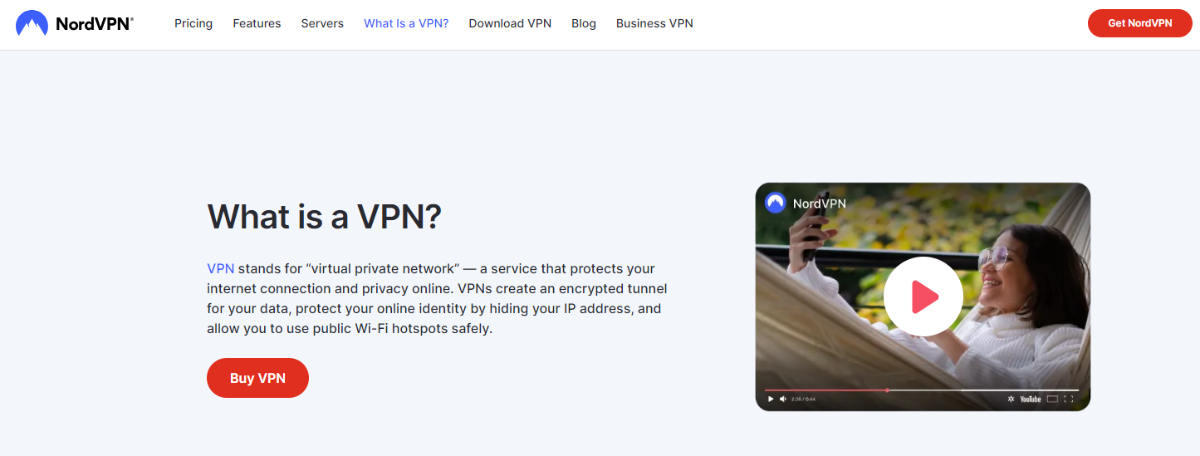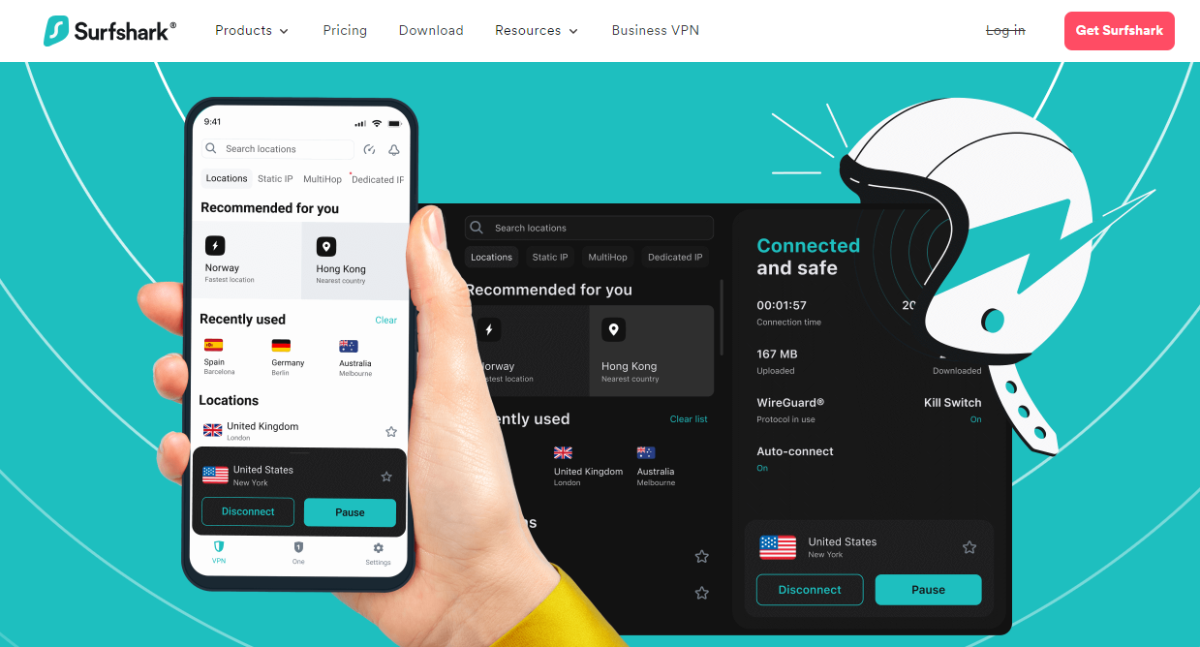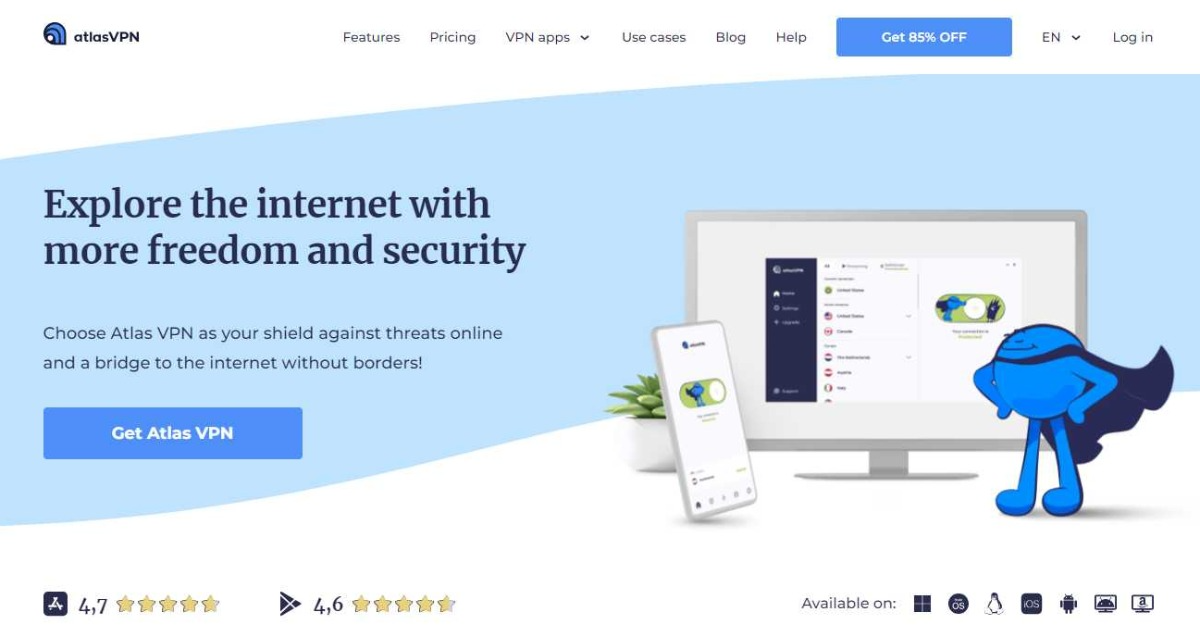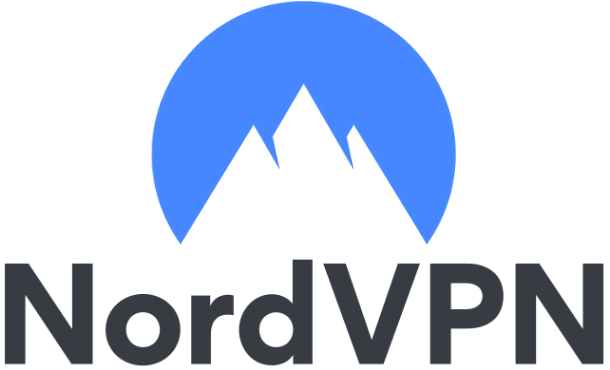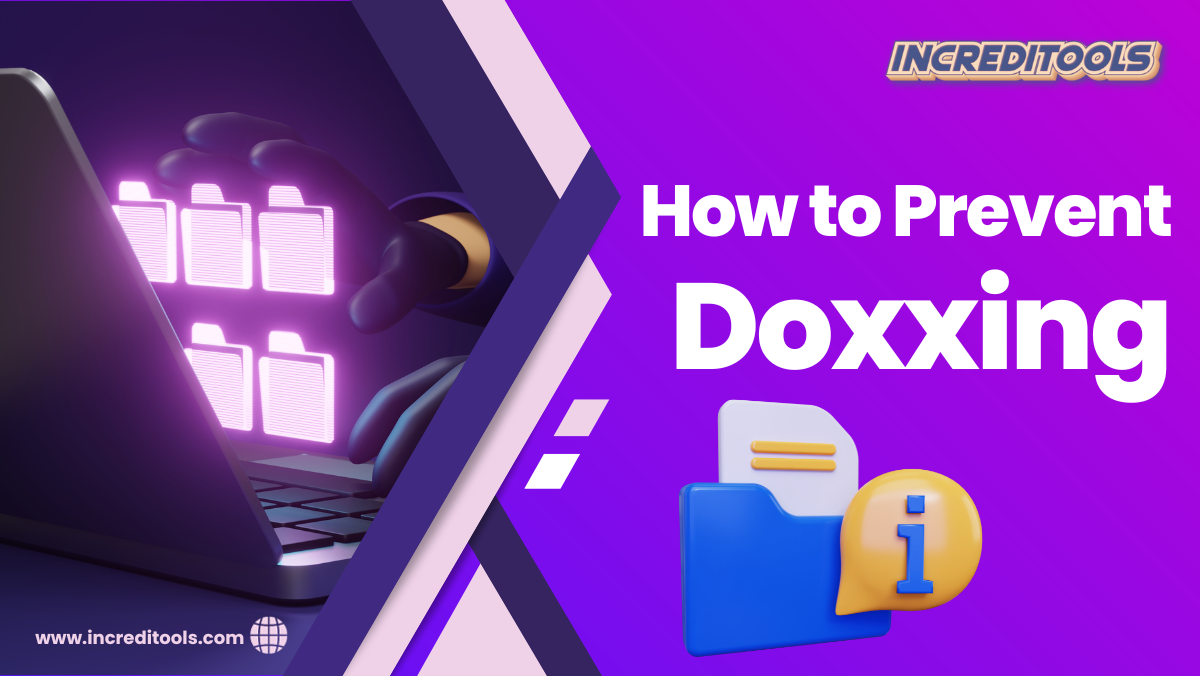
How to Prevent Doxxing
Posts by Colin TanNovember 3, 2023
The internet has become a double-edged sword, offering unparalleled access to information and connectivity, while also exposing individuals to various risks.
One such risk is doxxing, a malicious practice where someone’s personal information is published online without their consent, often leading to harassment, identity theft, or worse.
Understanding how to prevent doxxing is crucial for maintaining your online safety and protecting your personal information from falling into the wrong hands.
How to Prevent Doxxing
In the digital realm, safeguarding your personal information is paramount, and there are several tools at your disposal to enhance your online privacy and security.
Among these, Virtual Private Networks (VPNs), Smart DNS services, and Proxy Servers stand out as effective solutions.
While each has its unique advantages, VPNs are often regarded as the most comprehensive option for preventing doxxing and ensuring online anonymity.
Virtual Private Networks (VPNs)
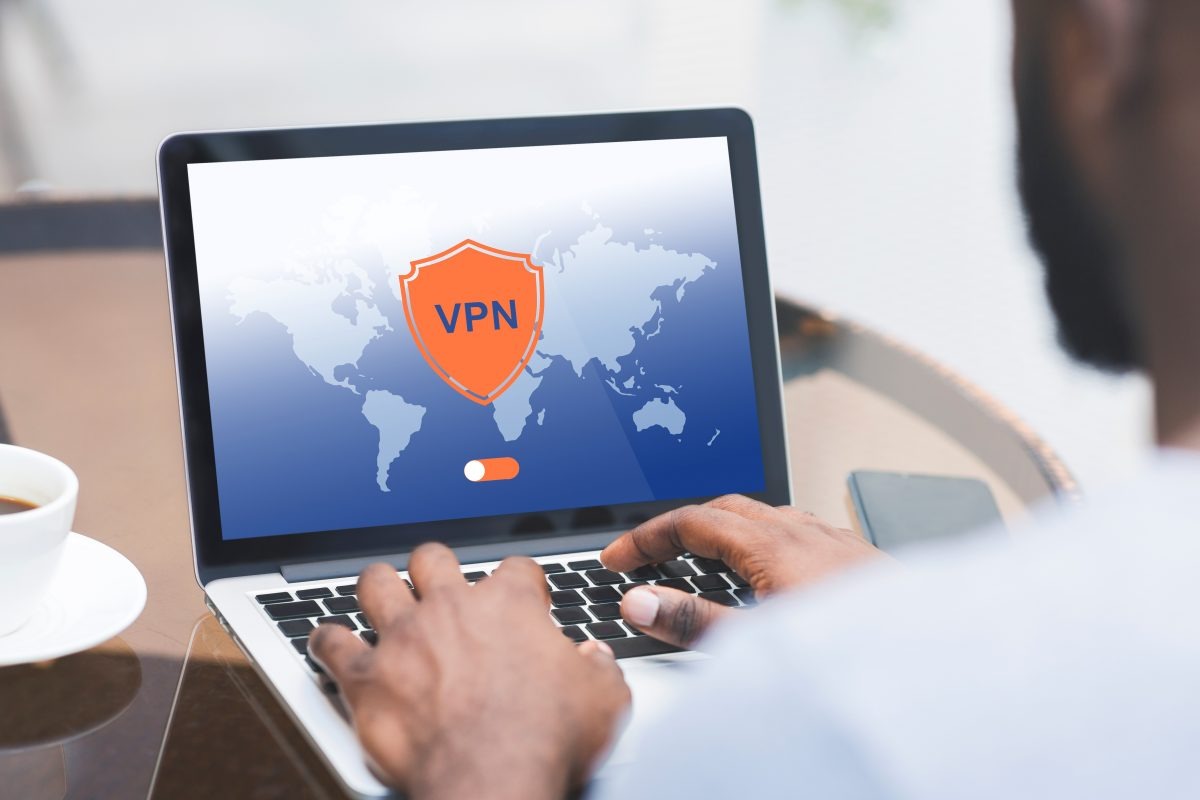
VPNs are powerful tools that encrypt your internet connection and mask your IP address, making it significantly more challenging for malicious actors to track your online activities or access your personal information.
By routing your internet traffic through secure servers located in different parts of the world, VPNs provide a robust layer of security and privacy.
This is particularly crucial when using public Wi-Fi networks, which are often less secure and more susceptible to attacks.
In terms of streaming performance, a high-quality VPN can bypass geo-restrictions, allowing you to access content from different regions without compromising your connection speed or stability.
Smart DNS Services
Smart DNS services are another option for enhancing online privacy, primarily focusing on bypassing geo-restrictions to access content from various regions.
While they do not provide the same level of encryption and security as VPNs, Smart DNS services are generally faster, ensuring a seamless streaming experience.
However, it is important to note that they do not mask your IP address or encrypt your connection, making them a less secure option for preventing doxxing.
If your primary concern is accessing geo-restricted content without the need for encryption, Smart DNS might be a suitable choice.
Proxy Servers
Proxy Servers act as intermediaries between your device and the internet, hiding your IP address and providing a degree of anonymity.
While they are a step up from not using any privacy tools, proxies offer limited security compared to VPNs.
They do not encrypt your internet connection, leaving your data vulnerable to interception.
In terms of streaming, proxies can be hit or miss, with some services detecting and blocking traffic from known proxy servers, potentially leading to a subpar viewing experience.
While Smart DNS services and Proxy Servers offer certain benefits, VPNs stand out as the most comprehensive solution for preventing doxxing and safeguarding your online privacy.
By encrypting your connection and masking your IP address, VPNs provide a secure and anonymous online experience, ensuring that your personal information remains confidential.
In the next section, we will dive deeper into VPNs, exploring their features and benefits in greater detail.
Top VPNs to Enhance Your Online Security and Prevent Doxxing
A reliable VPN not only masks your IP address but also encrypts your internet connection, ensuring that your personal information remains confidential.
Below, we will explore three top-tier VPNs, each offering unique features and benefits to enhance your online security and privacy.
1. NordVPN
NordVPN stands out as a leading choice in the VPN market, boasting a vast network of 5894 servers spread across 60 countries.
This extensive server network ensures that users can always find a fast and reliable connection, no matter where they are in the world.
NordVPN is renowned for its strong encryption protocols and strict no-logs policy, ensuring that your online activities remain private and secure.
The VPN also includes an automatic kill switch and DNS leak protection, providing an additional layer of security.
In terms of user experience, NordVPN offers a clean and intuitive interface, making it easy for even the most tech-averse users to navigate.
The VPN supports up to six simultaneous connections, allowing you to protect multiple devices with a single account.
For streaming enthusiasts, NordVPN is an excellent choice, as it consistently bypasses geo-restrictions and provides access to a wide range of content from different regions.
The VPN’s SmartPlay technology ensures a smooth streaming experience, automatically selecting the best server for your chosen streaming service.
2. Surfshark
Surfshark VPN has quickly risen in popularity, thanks to its impressive network of 3200 servers in 99 countries.
This extensive server coverage ensures reliable and fast connections, no matter where you are.
Surfshark stands out for its unlimited simultaneous connections, allowing you to protect all your devices with a single account.
The VPN also offers a CleanWeb feature, blocking ads, trackers, and malicious websites, enhancing your online security.
Surfshark is committed to user privacy, employing strong encryption protocols and a strict no-logs policy.
The VPN also includes a MultiHop feature, routing your traffic through multiple servers for an additional layer of security.
When it comes to streaming, Surfshark excels, consistently bypassing geo-restrictions and providing access to a wide variety of content.
The VPN’s NoBorders mode ensures that you can access your favorite streaming services, even in restrictive regions.
3. Atlas VPN
Atlas VPNis a newer player in the VPN market but has quickly established itself as a reliable option for enhancing online security.
With over 1000 servers in 42 countries, AtlasVPN provides a secure and fast connection for its users.
The VPN employs strong encryption protocols and offers a strict no-logs policy, ensuring that your online activities remain private.
AtlasVPN stands out for its user-friendly interface, making it accessible for users of all tech levels.
The VPN supports unlimited simultaneous connections, allowing you to protect all your devices with a single account.
In terms of streaming, AtlasVPN provides a reliable performance, bypassing geo-restrictions and offering access to a variety of content from different regions.
The VPN’s SafeBrowse feature also blocks malicious websites and ads, enhancing your online security.
NordVPN, Surfshark, and Atlas VPN each offer unique features and benefits to enhance your online security and prevent doxxing.
By encrypting your internet connection and masking your IP address, these VPNs ensure that your personal information remains confidential, providing a secure and anonymous online experience.
Step-by-Step Guide to Safeguarding Yourself from Doxxing
In today’s digital age, protecting your personal information online is more crucial than ever.
By following a series of strategic steps, you can significantly reduce your risk of falling victim to doxxing.
Below is a comprehensive guide, detailing the essential actions you should take to safeguard your online presence.
Step 1: Choose a Reliable VPN
The first and most crucial step in protecting yourself from doxxing is to use a reliable VPN.
A VPN, or Virtual Private Network, encrypts your internet connection and masks your IP address, making it more challenging for malicious actors to track your online activities.
NordVPN is a highly recommended option, known for its robust security features and extensive server network.
Ensure that the VPN is always turned on, especially when using public Wi-Fi networks.
Step 2: Enable Two-Factor Authentication
Two-factor authentication (2FA) adds an extra layer of security to your online accounts.
Even if a hacker manages to obtain your password, they would still need access to your second form of authentication, such as a text message or authentication app, to access your account.
Enable 2FA on all your accounts, including email, social media, and any other platforms that hold personal information.
Step 3: Be Mindful of the Information You Share Online
One of the most effective ways to prevent doxxing is to be cautious about the information you share online.
Avoid posting personal details such as your home address, phone number, or any other sensitive information on social media or other public forums.
Be mindful of the privacy settings on your social media accounts, and limit the amount of personal information visible to the public.
Step 4: Regularly Update Your Software and Security Settings
Keeping your software and security settings up to date is crucial in protecting yourself from doxxing.
Software updates often include security patches that fix vulnerabilities that could be exploited by hackers.
Ensure that your operating system, antivirus software, and any other security programs are always up to date.
Step 5: Be Wary of Phishing Attempts
Phishing is a common tactic used by hackers to obtain personal information.
Be skeptical of unsolicited emails or messages that ask for personal information or prompt you to click on a suspicious link.
Always verify the sender’s identity and avoid clicking on links or downloading attachments from unknown sources.
By following these steps, you can significantly enhance your online security and reduce your risk of doxxing.
Remember, the key to safeguarding your personal information online is to be proactive and vigilant.
Stay informed about the latest security threats and take the necessary precautions to protect yourself.
FAQs
What Is the Most Common Method Used for Doxxing?
The most common method used for doxxing is social engineering, where attackers gather information about a target through various online and offline sources.
They may scour social media profiles, forums, and other platforms where personal information is shared, and even use deceptive tactics to trick individuals or their acquaintances into divulging sensitive information.
Can Using a VPN Completely Protect Me from Doxxing?
While using a VPN is a powerful tool for maintaining online anonymity and security, it is not a foolproof solution.
A VPN can hide your IP address and encrypt your internet connection, making it more difficult for attackers to track your online activities.
However, it cannot protect against all forms of doxxing, especially if personal information is shared through other means, such as social media.
It is crucial to combine the use of a VPN with other security practices for comprehensive protection.
What Should I Do if I Become a Victim of Doxxing?
If you become a victim of doxxing, it’s important to act quickly.
Start by reporting the incident to the platform where your information has been shared and ask for it to be removed.
If you receive any threats, report them to law enforcement.
Additionally, consider reaching out to an organization that specializes in online harassment for support and guidance on next steps.
It’s also a good idea to tighten the security settings on your online accounts and be extra vigilant for signs of identity theft or other malicious activities.
Conclusion
While full of opportunities for connection and information, the digital world also presents significant risks to personal privacy and security.
Taking proactive steps to safeguard your online presence is not just a recommendation; it’s a necessity.
Utilizing tools like VPNs, being mindful of the information you share, and staying vigilant against phishing attempts are all crucial components of a comprehensive strategy to protect yourself from doxxing and maintain control over your personal information.
Remember, the responsibility to secure your digital footprint starts with you, and the actions you take today can have a lasting impact on your online safety.

